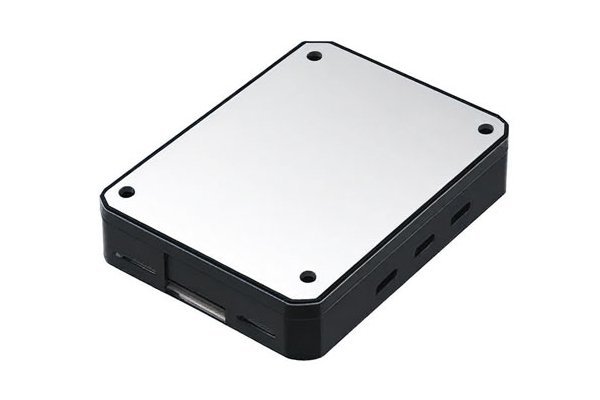In the ever-evolving world of manufacturing, where innovation meets precision, businesses continually seek ways to optimize processes and reduce waste. At YL Machining, we understand the intricacies that come with aluminum CNC machining and the paramount importance of cost control.
In this article, we will explore comprehensive strategies that not only enhance economic efficiency but also maintain the integrity and quality of the CNC machining process. Our aim is to empower manufacturers with the knowledge to thrive in a competitive market, ensuring that they can navigate the complexities of cost control while fostering innovation.
Understanding Aluminum CNC Machining
Before we delve into cost control strategies, it’s vital to grasp what CNC (Computer Numerical Control) machining entails, particularly regarding aluminum.
CNC machining is a subtractive manufacturing process that involves the use of computer software to control machine tools. It allows for extraordinary precision in crafting parts, be it for aerospace components, automotive parts, or intricate industrial tools. Aluminum, known for its lightweight yet sturdy attributes, is a favored material in many industries due to its excellent machinability and corrosion resistance.
However, to remain competitive in this rapidly advancing industry, companies must shift their focus to effective cost management without sacrificing quality. Below, we explore various cost control strategies, tailored specifically for aluminum CNC machining.
Understanding Material Costs
One of the most substantial expenses in CNC machining is the cost of raw materials. By optimizing material utilization, companies can dramatically reduce waste and improve profitability.
Implementation Strategies:
By focusing on these techniques, manufacturers can significantly mitigate material waste, driving down costs.
Automation in CNC Machining
With the advent of Industry 4.0, businesses are increasingly turning to automation to enhance productivity and reduce operational costs.
Implementation Strategies:
These investments, although requiring an upfront cost, yield substantial long-term savings and efficiency improvements.
What is Lean Manufacturing?
Lean manufacturing focuses on minimizing waste without sacrificing productivity. It emphasizes improving processes, enhancing value for customers, and achieving more with less.
Implementation Strategies:
By adopting lean principles, firms can streamline operations, enhancing both profitability and efficiency.
The Importance of a Skilled Workforce
A well-trained workforce is paramount to executing effective machining operations. Investing in training leads to improved skill sets, producing more competent operators who can handle machinery effectively.
Implementation Strategies:

With a skilled workforce, companies not only see a reduction in errors and rework but also boost overall productivity.
The Impact of Inventory on Costs
Inventory management plays a critical role in controlling costs in CNC machining. Too much inventory can tie up capital and increase overhead, while too little can halt production.
Implementation Strategies:
By optimizing inventory practices, businesses can control costs while ensuring a seamless production process.
Why Supplier Relations Matter
The choice of suppliers significantly affects overall machining costs. Strong relationships can lead to better pricing, reliability, and quality.
Implementation Strategies:
In fostering these relationships, companies position themselves to negotiate better terms while ensuring quality inputs.
The Cost of Quality
While it might seem counterintuitive, investing in quality assurance can lead to significant cost reductions. Defect production and rework often lead to inflated costs.
Implementation Strategies:
By investing in quality processes, businesses can avoid costly mistakes that derail production and impact profitability.
The Power of Data-Driven Decisions
With modern machines generating substantial data, leveraging this information can uncover actionable insights that drive cost savings.
Implementation Strategies:
By making data-driven decisions, companies can enhance operational efficiency and reduce costs.
In an industry where precision matters and margins can be razor-thin, mastering cost control strategies in aluminum CNC machining is crucial. At YL Machining, we are passionate about empowering manufacturers with the insights they need to thrive. By optimizing material utilization, investing in technology, embracing lean principles, training workers, and analyzing data, businesses can not only control costs but also enhance their capabilities significantly.
As we move forward in this digital age, manufacturers must recognize that strategic cost control is not just about cutting expenses. It’s about creating a sustainable, innovative environment that fosters growth and meets customer demands.
Welcome to a new era of CNC machining with YL Machining – where passion meets precision and every detail matters. Together, let’s ensure that your manufacturing processes are not just efficient but also cost-effective, paving the way for a prosperous future.
Ready to reduce costs without sacrificing quality? Connect with YL Machining today and let’s embark on this transformative journey together!






